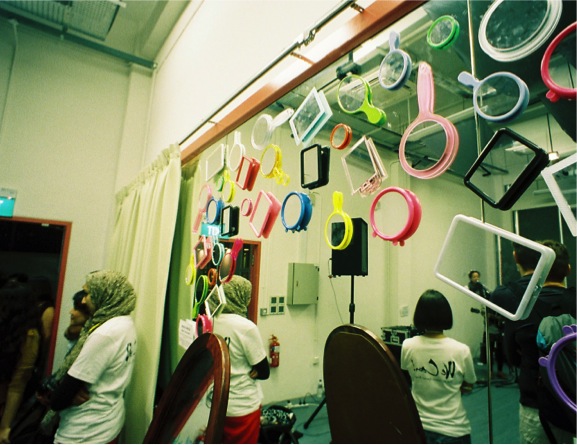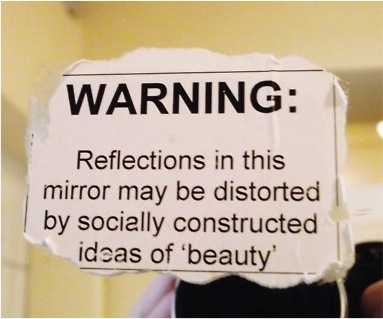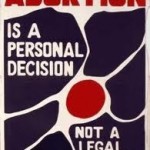 The We Can! campaign held its inaugural arts festival on 8 December 2013, a rainy Sunday afternoon that did not deter more than 250 people from attending and squeezing into the rooms and corridors of Aliwal Arts Centre to break the silence of violence.
The We Can! campaign held its inaugural arts festival on 8 December 2013, a rainy Sunday afternoon that did not deter more than 250 people from attending and squeezing into the rooms and corridors of Aliwal Arts Centre to break the silence of violence.
The We Can! Arts Fest aimed to start a dialogue about the more intangible forms of violence and the importance of bystander intervention.
 There was something for everyone, with diverse and interactive programmes ranging from performance art pieces such as ‘there’s nothing here’, experimental theatre combining dance and performance poetry by a collective of students from Yale-NUS, exploring the issue of psychological violence and bystander intervention; and a spoken word performance.
There was something for everyone, with diverse and interactive programmes ranging from performance art pieces such as ‘there’s nothing here’, experimental theatre combining dance and performance poetry by a collective of students from Yale-NUS, exploring the issue of psychological violence and bystander intervention; and a spoken word performance.

Visitors explored beauty myths and the pressure on women to look attractive with programmes such as ‘Pretty Ugly’, an interactive installation which asked festival attendees to make up models to be “pretty” or “ugly”, and ‘Mirror mirror’, which allowed visitors to write down the negative labels they hear about appearance and body image on a mirror.
Visitors also attended film screenings of the movies ‘Girl Rising’ and ‘Provoked’, discussing the provocative aspects of the films. The Human Library, one of the most popular programmes, allowed attendees the opportunity to have conversations with the women we don’t normally hear, such as foreign domestic workers and survivors of sexual violence.
Responses were very encouraging – 80% of attendees rated the sessions they’d attended as “very good” and 74% said that the arts fest helped them understand more about violence against women. A fantastic 84% of respondents said that they felt better able to help those around them who may be dealing with violence.
Of course, none of this would have been possible without our volunteers, who were generous with their time and energy; our partner organisations, UN Women, Project X, Room to Read, Beautiful Women, KAPAP, and HOME; and our sponsors, the Delegation of the European Union to Singapore, Word Forward, and Kwan Im Thong Hood Cho Temple.
If you missed the arts fest, you can read more about it in the Straits Times report here. If you joined us, thank you very much for your support. We look forward to seeing you at the next one!









